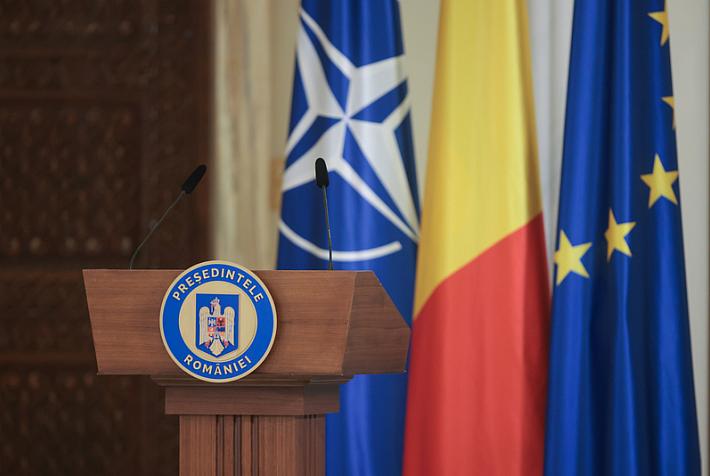World Bank approves EUR 200 mln loan to support education in Romania

The World Bank’s Board of Executive Directors approved on Monday, March 16, a EUR 200 million loan to support education in Romania.
The Romanian Ministry of Education and Scientific Research will use the money for the Romania Secondary Education Project (ROSE), which it will implement over seven years, according to a statement of the World Bank.
The project will finance local high schools as well as universities and aims to increase Romanian students’ chances of successfully completing tertiary education.
The high school enrollment has increased in Romania in the last decade, but so has the dropout rate. Moreover, the poor performance on the Baccalaureate triggered a decline in university enrollment.
ROSE focuses on schools and student groups at risk of failure, aiming to reverse these trends.
“Data show that approximately 100,000 school students either failed to pass or did not take the Baccalaureate in 2013-2014,” said Elisabetta Capannelli, World Bank Country Manager for Romania.
“There are 20,000 university students who were at risk of dropping out in the first year of study. This project is designed to help these students.”
ROSE activities include grants to public high schools to support academic interventions, such as remedial courses, tutoring, and counseling, reads the World Bank statement. It will also provide support for extracurricular activities, renovations, in addition to systemic interventions to improve the quality of upper secondary education.
The program also finances grants to public universities to support activities such as academic interventions, guidance, and coaching.
Irina Popescu, irina.popescu@romania-insider.com













